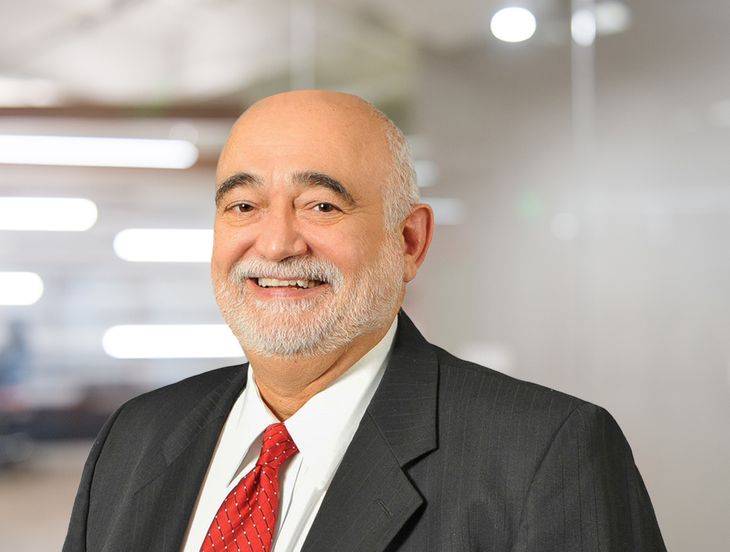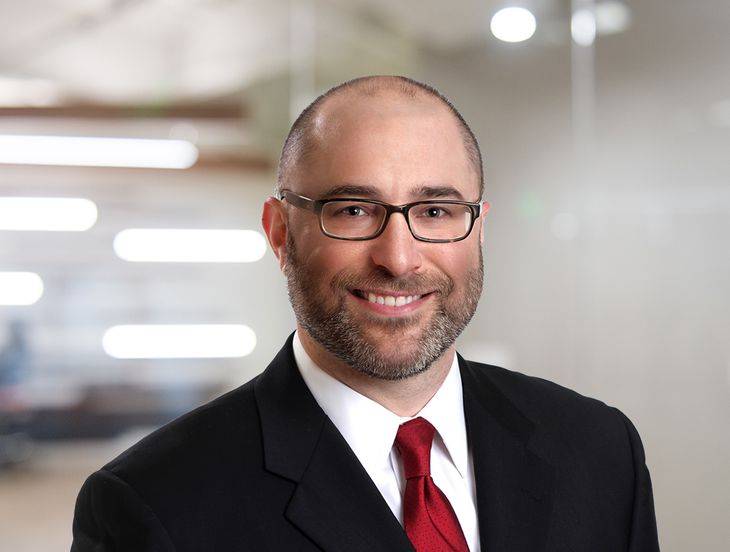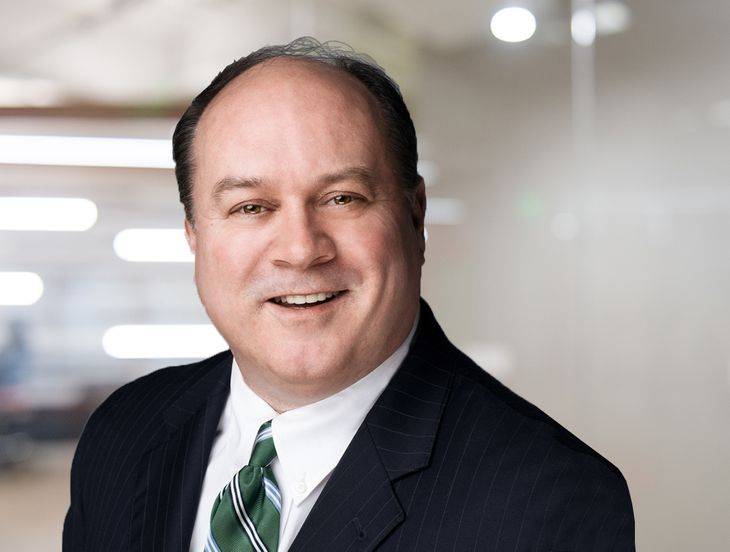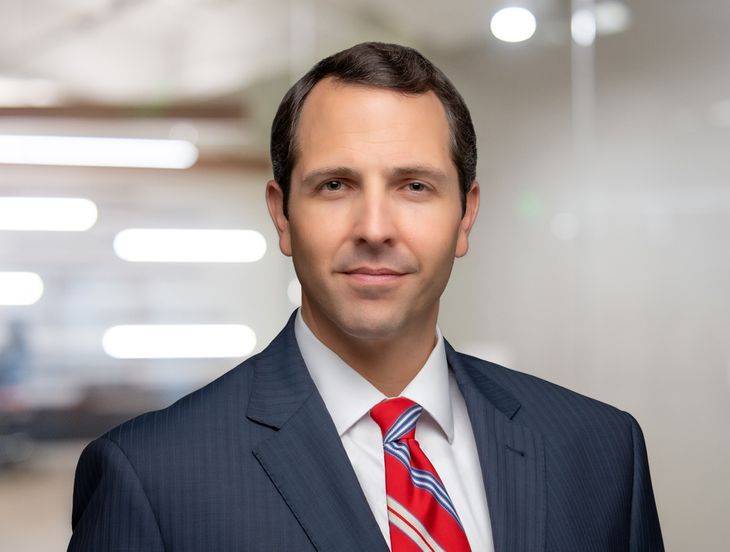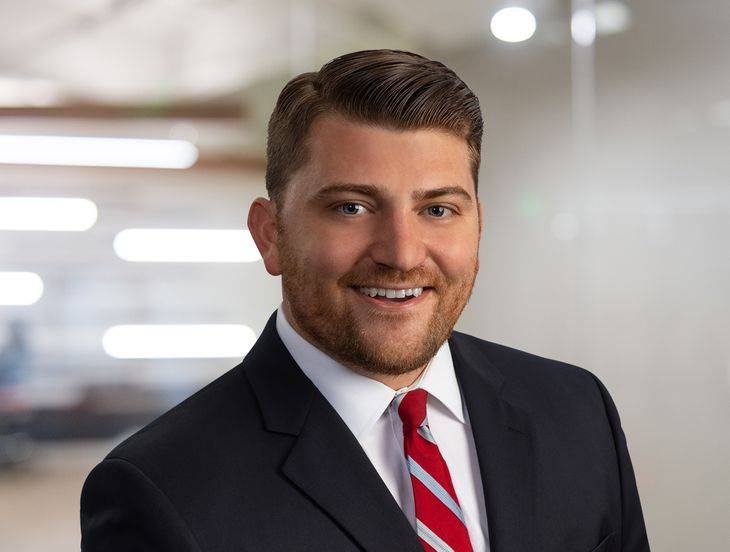WEB EXCLUSIVE: June 2019: The Top 16 Labor And Employment Law Stories
Insights
7.01.19
June 2019: The Top 16 Labor And Employment Law Stories
It’s hard to keep up with all the recent changes to labor and employment law. While the law always seems to evolve at a rapid pace, there have been an unprecedented number of changes for the past few years—and this past month was no exception.
In fact, there were so many significant developments taking place during the past month that we were once again forced to expand our monthly summary well beyond the typical “Top 10” list. In order to make sure that you stay on top of the latest changes, here is a quick review of the Top 16 stories from last month that all employers need to know about:
- Time To Revisit Arbitration Agreements: Employers Dealt A Blow By Unanimous Labor Board – Employers may be surprised to learn that the Republican-controlled National Labor Relations Board just issued a unanimous decision invalidating an employer’s mandatory arbitration agreement that could be reasonably interpreted as preventing employees from filing charges with the Board. The June 18 Prime Healthcare decision analyzed the employer’s arbitration agreement using the relatively new Boeing Co. standard for evaluating facially neutral policies and rules that potentially interfere with employees’ protected rights, but fell on the side of the workers. The decision may require you to adjust your arbitration agreements to ensure you stay on the right side of the law (read more here).
- Employers, Beware: SCOTUS Ruling Creates Title VII Litigation Trap – The U.S. Supreme Court unanimously ruled on June 3 that Title VII’s administrative exhaustion requirement—whereby an aggrieved employee first must file a claim with the Equal Employment Opportunity Commission (EEOC) or a state agency before filing a lawsuit—is merely a claim-processing rule, rather than jurisdictional. As a result, an employer who does not assert “failure to exhaust” as an affirmative defense to a lawsuit might waive the ability to seek dismissal on that basis. In light of this decision, employers must ensure they identify an employee’s failure to exhaust at the outset of any Title VII litigation to preserve their ability to dismiss the claims on that ground (Fort Bend County v. Davis) (read more here).
- Labor Board Grants Employers Greater Rights To Limit Union Activity On Premises – The National Labor Relations Board issued a decision reversing 37 years of precedent and thereby granting employers greater rights to limit union activity on their premises. Under the “public space” exception, employers had to allow nonemployee union representatives access to the public areas of their property, including restaurant dining areas and cafeterias, to engage in promotional or organizational activity. But in the June 14 UPMC decision, the Board abolished that exception and held that employers no longer have to allow nonemployee union representatives access to public areas, unless the union has no other reasonable means of communicating with employees or the employer discriminates against the union by permitting similar groups access (read more here).
- New York Lawmakers Pass Game-Changing Reforms to State Discrimination Laws – Still grappling with the expansive sexual harassment reforms passed last year, New York businesses and employers will soon need to manage through yet another expansive suite of amendments that will continue the state’s ongoing implementation of stronger, and more burdensome, anti-harassment and anti-discrimination laws. On June 20, the last day of its legislative session, the New York State Senate and Assembly passed sweeping reforms meant to overhaul the state’s antidiscrimination laws. Governor Andrew Cuomo, who advocates for more robust workplace harassment laws, is expected to sign the bill without delay. Once enacted, the amendments will impact every workplace in New York (read more here).
- Sweeping Pay Equity Laws On The Way For New York Employers – This past week was a busy one for New York State lawmakers. In addition to passing game-changing legislation overhauling the state’s discrimination laws, the New York State Senate and Assembly just passed two pay equity bills that will have a significant impact on all New York businesses.
The new legislation will amend the New York Labor Law to protect a greater number of employees against pay discrimination and prohibit employers from seeking salary history from prospective employees. Governor Andrew Cuomo has strongly advocated for both a statewide salary history ban as well as an expansion of the state’s pay equity laws; he is expected to sign these bills without delay. What do employers need to know about this new legislation? (read more here) - Fox (Mostly) Remains In The Henhouse: SCOTUS Says Agencies (Sort Of) Know Best – By a 9-0 vote, the U.S. Supreme Court ruled on June 26 that, by and large, the courts should continue deferring to a federal agency’s reasonable interpretation of its own ambiguous regulations, leaving a good deal of power in the hands of agencies despite an outcry that this doctrine interferes with governmental separation of powers. In the last workplace law decision of the Supreme Court’s term, it also ruled stare decisis cuts strongly against overruling Auer and that the Court would need a particularly “special justification” to reverse Auer. Although the underlying case was not employment-related, the decision in Kisor v. Wilkie could have far reaching impact on employers and workplace law compliance. While the Supreme Court affirmed that the power to interpret regulations rests with the agency that promulgated them, it also clarified federal courts’ responsibility for thoroughly assessing the ambiguities in such regulations along with the reasonability of agency interpretations flowing therefrom. This means that employers now have an opening to increase their participation in regulatory guidance so as to shape policy at agencies such as the Department of Labor, the Equal Opportunity Commission, the National Labor Relations Board, and the Occupational Safety and Health Administration (read more here).
- Time For Paranoia? The ‘Legalization’ Of Marijuana In Illinois And The Workplace Ramifications – Illinois lawmakers recently approved House Bill 1438, referred to as the “Cannabis Regulation and Tax Act,” legalizing recreational marijuana. Governor Pritzker is expected to sign the bill into law, making Illinois the 11th state to legalize marijuana and the first state in which a legislature approved commercial sales. Once recreational sales begin on January 1, 2020, the state will generate billions of dollars in revenue. And, while Illinois lawmakers—and many of their constituents—are feeling “high” over the passage of the bill, many employers are left hungry for more information and paranoid about the ramifications and impact the new legislation will have on the workplace (read more here).
- Massachusetts Delays Start To Paid Family And Medical Leave Program – Massachusetts Governor Charlie Baker, along with state house and senate leadership, announced on June 11 that they had agreed to implement a three-month delay to the Commonwealth’s robust Paid Family and Medical Leave program. This announcement was welcome news for employers scrambling to comply with what was supposed to be a July 1 contribution start date. Instead, employers will not have to make the required contributions until October 1. The three months will also provide government administrators time to finalize the pending draft regulations, for insurers to create private insurance plans for the “private exemption” envisioned by the law, and for lawmakers and regulators to eliminate the overall state of confusion surrounding the paid leave program (read more here). Several days later, the Department of Paid Family and Medical Leave (DPFML) provided much-needed answers to questions raised by the three-month delay (read more here).
- Get Ready, Texas: Paid Sick Leave May Soon Be On Its Way – Employers in Dallas and San Antonio are on the verge of having to provide your workers with paid sick leave – and these new city ordinances are set to go into effect in the next few weeks. When the legislative session recently came to a close, the state legislature had failed to pass a bill that would have banned municipal paid sick leave ordinances such as the ones passed in Austin, Dallas, and San Antonio in 2018 despite Texas employers’ high hopes (read more here).
- Federal Appeals Court Says Extreme Obesity Alone Is Not Enough For ADA Coverage – A federal Court of Appeals just ruled that extreme obesity not caused by an underlying physiological disorder or condition does not qualify as an impairment under the ADA. Under the 7th Circuit’s June 12 ruling, proof that extreme obesity was caused by an underlying physiological disorder or condition is necessary to implicate coverage under the Americans with Disabilities Act. What can employers take from the Richardson v. Chicago Transit Authority decision? (read more here)
- Maryland Joins the Bandwagon: Bans Noncompetes for Low-Wage Workers – Maryland has become the latest state to revise its noncompetition law to clamp down on the practice and further restrict the types of workers permitted to be bound by such restrictive covenants. SB 328recently became law in Maryland, prohibiting employers from entering into noncompetition agreements with employees who earn equal to or less than (1) $15 per hour or (2) $31,200 annually. If you have employees who work in Maryland and earn at or near the minimum wage, you need to be aware of this new law. The bill passed both houses of the state legislature and became law when the governor did not use his veto power. The law declares that, for employees earning less than the threshold, all “noncompete [provisions] that restrict[] the ability of an employee to enter into employment with a new employer or to become self-employed in the same or similar business or trade” are “null and void as being against the public policy of the State” (read more here).
- Oregon’s Most Recent Attempt to Rein in Restrictive Covenants – In response to the White House’s 2016 call to action for noncompetition reform at the state legislative level, many states have tinkered with their laws in an attempt to narrowly define when and under what circumstances an employer can subject an employee to a noncompetition agreement. Oregon’s state leaders heard the call. Governor Kate Brown recently signed HB 2992, which will add another hurdle for Oregon employers seeking to maintain an enforceable noncompetition agreement. Starting January 1, 2020, within 30 days after the date of the termination of the employee’s employment, the employer must provide a signed, written copy of the terms of the noncompetition agreement to the employee (read more here).
- Alabama Is The Latest State To Join The Pay Equity Law Bandwagon – Alabama recently joined 48 other states by passing a law banning wage discrimination. On June 11, Governor Kay Ivey signed HB 225, known as the Clarke Figures Equal Pay Act, into law. The Act’s effective date is August 1. In passing the new law, Alabama now joins over a dozen other states which prohibit employers from discriminating against applicants based on their pay history. The idea behind such prohibition is that, in doing so, employers perpetuate the wage gap among men and women by locking women into unfair, discriminatory pay levels (read more here).
- Supreme Court Refuses To Extend State Wage-Hour Law To Offshore Drilling – By a unanimous 9-0 decision, the U.S. Supreme Court declined to extend California’s wage-and-hour laws to employees working on offshore drilling platforms subject to the Outer Continental Shelf Lands Act (Parker Drilling Management Services Ltd. v. Newton). Although this June 10 decision represents a victory for the employer involved in the dispute, you should check with your legal counsel to ensure you are in compliance with the correct legal standard given the nuanced nature of this ruling (read more here).
- Federal Court Reworks MSHA Workplace Exam Standard – The U.S. Court of Appeals for the District of Columbia Circuit issued an opinion on June 11 vacating the Mine Safety and Health Administration’s (MSHA) 2018 rule, Examinations of Working Places in Metal and Nonmetal Mines, In so doing, the D.C. Circuit ordered the reinstatement of MSHA’s January 23, 2017 version of the rule, which revised the previously existing workplace examination standard. In vacating the 2018 Amendment and reinstating the 2017 Standard, the panel found that the 2018 Amendment violated the no-less-protection rule relative to the 2017 Standard because it “does not allow for notification before exposure” which “allows miners to work in an area before the examination is completed [such that] there is the likelihood that miners may be exposed to an adverse condition before it is discovered” (read more here).
- Gig Workers Get New Allies In Fight For Better Pay And Workplace Rights: Uber And Lyft – In a development many wouldn’t find surprising, a collation of forces recently announced that they would like to see ride-sharing drivers for Uber and Lyft receive a guaranteed base wage, flexible benefits, and a new drivers’ association to lend a united voice to represent their interests. What is surprising? The two forces that joined to make this call were the leaders of Uber and Lyft themselves. In a June 12 op-ed appearing in the San Francisco Chronicle, the CEO of Uber (Dara Khosrowshahi) and the CEO and President of Lyft (Logan Green and John Zimmer) called for an “update to century-old employment laws,” so that gig economy companies can “offer certain benefits without blurring the boundaries of employment and triggering a wave of litigation in which nobody wins.” Their specific suggestion is to work with legislators on a fix to AB 5 – a piece of legislation currently pending before the state legislature– to exempt workers performing short-term projects or those people who control their own schedules. In exchange for such a legislative fix, the op-ed says that Uber and Lyft will be prepared to make the following three compromises, more fully fleshed out in an accompanying article published the same day (read more here).
If you have any questions about these developments or how they may affect your business, please contact your Fisher Phillips attorney.
This Legal Alert provides an overview of specific legal developments. It is not intended to be, and should not be construed as, legal advice for any particular fact situation.
Related People
-
- Michael V. Abcarian
- Partner
-
- Patrick W. Dennison
- Partner
-
- Scott Fanning
- Associate
-
- Jeffrey A. Fritz
- Partner
-
- Rick Grimaldi
- Partner
-
- Greg Grisham
- Partner
-
- Ryan R. Jones
- Associate
-
- Jason D. Keck
- Partner
-
- Michael R. Marra
- Co-Regional Managing Partner
-
- Phillips L. McWilliams
- Partner
-
- Richard R. Meneghello
- Chief Content Officer
-
- Catharine Morisset
- Partner
-
- Joshua D. Nadreau
- Regional Managing Partner and Vice Chair, Labor Relations Group
-
- Brett P. Owens
- Partner
-
- Erin Price
- Associate
-
- Justin Reiter
- Partner
-
- Monica Snyder Perl
- Partner
-
- Arthur M. Wolfson
- Partner
